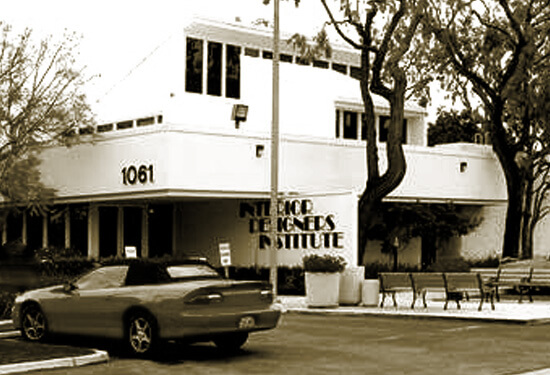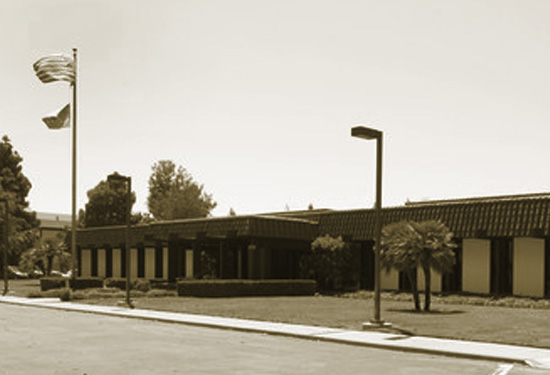USING REAL ESTATE TO INCREASE EBITDA
Lynberg & Watkins Law Firm
Los Angeles, CA
36,000 Square Feet
Project Leader: Ken Ward
Toshiba American Medical
Tustin, CA
117,000 Square Feet
Project Leader: Ken Ward
JDS Uniphase
San Jose, CA
100,000 Square Feet
Project Leader: Roger O’Neal
Construction & Development
Kulicke & Soffa
Santa Ana, CA
126,000 Square Feet
Project Leader: Ken Ward
iHerb Inc.
Irvine, CA
63,000 Square Feet
Project Leader: Ken Ward
Disguise Inc.
San Diego, CA
210,000 Square Feet
Project Leader: Roger O’Neal
Construction & Development
Pacific Bell
Irvine, CA
110,000 Square Feet
Project Leader: Ken Ward
Exodus, Inc.
Austin, TX
110,000 Square Feet
Project Leader: Roger O’Neal
Construction & Development
Laboratory Corporation
Houston, TX
72,296 Square Feet
Project Leader: Ken Ward
Plains Capital Bank
Dallas, TX
137,000 Square Feet
Project Leader: Ken Ward
Advantage Solutions
Irvine, CA
1.3 Million Square Feet
Project Leader: Ken Ward
Avanti
Fremont, CA
320,000 Square Feet
Project Leader: Roger O’Neal
Construction & Development
Laboratory Corporation
Phoenix, AZ
205,000 Square Feet
Project Leader: Ken Ward
Esoterix Inc.
Brentwood, TN
58,000 Square Feet
Project Leader: Ken Ward
BEA Systems
San Jose, CA
370,000 Square Feet
Project Leader: Roger O’Neal
Construction & Development
Nissin International
Torrance, CA
91,100 Square Feet
Project Leader: Ken Ward
ICU Medical
San Clemente CA
118,000 Square Feet
Project Leader: Ken Ward
Deckers Corporate
Santa Barbara, CA
250,000 Square Feet
Project Leader: Roger O’Neal
Construction & Development
Omnicell Inc.
Milpitas CA
48,000 Square Feet
Project Leader: Ken Ward
Scientific Applications
Cypress, CA
42,000 Square Feet
Project Leader: Ken Ward
Hyundai Motor America
Fountain Valley, CA
600,000 Square Feet
Project Leader: Roger O’Neal
Construction & Development
Bio-Rad
Irvine, CA
137,000 Square Feet
Project Leader: Ken Ward
Interior Design Institute
Newport Beach, CA
21,000 Square Feet
Project Leader: Ken Ward
Med Impact Healthcare
San Diego, CA
870,000 Square Feet
Project Leader: Roger O’Neal
Construction & Development
Custom Building Products
Las Vegas, NV
113,000 Square Feet
Project Leader: Ken Ward
Acer
Irvine, CA
2 Million Square Feet
Project Leader: Ken Ward
Multiple Facilities Nation Wide
Sun America Office Tower
Century City, CA
860,000 Square Feet
Project Leader: Roger O’Neal
Construction & Development
Hezmalhalch Architects
Santa Ana, CA
32,000 Square Feet
Project Leader: Ken Ward
Fusco Engineering
Irvine, CA
31,000 Square Feet
Project Leader: Ken Ward
Calvary Chapel
Santa Ana, CA
104,000 Square Feet
Project Leader: Ken Ward
Keystone Pacific
Irvine CA
21,000 Square Feet
Project Leader: Ken Ward
Golden State Foods
Irvine, CA
21,000 Square Feet
Project Leader: Ken Ward
Triumph Group
Mexicali, Mexico
215,000 Square Feet
Project Leader: Ken Ward
Esoterix
Agoura Hills, CA
36,000 Square Feet
Project Leader: Ken Ward
LabCorp
Birmingham, AL
138,000 Square Feet
Project Leader: Ken Ward
Royalty Carpet
Irvine, CA
205,000 Square Feet
Project Leader: Ken Ward
Caterpillar
Peoria, IL
297,000 Square Feet
Project Leader: Ken Ward
Scientific Application & Research Associates
Colorado Springs, CO
122,000 Square Feet
Project Leader: Ken Ward
Advanced Technology Services, Inc.
Peoria, IL
122,000 Square Feet
Project Leader: Ken Ward
Canon Medical Systems USA
Corona, CA
77,660 Square Feet
Project Leader: Ken Ward
Corporate Strategy Corporation is a national senior executive commercial real estate development and capital markets firm that exclusively represents Tenants of mid-size and Fortune 1000 companies throughout North America, Mexico and Canada. Our professionals are not brokers. We are licensed thirty-year experienced corporate real estate strategists who at no direct cost, use commercial real estate and large corporate lease initiatives to increase EBITDA.
Our principal focus and core competency is strategy and execution related to large corporate lease renewals, subleasing, corporate facility relocations, acquisitions, expansions, consolidations, design/construction and development initiatives. The primary differentiator of our company includes our ability to fully fund our client’s building acquisition(s) while delivering equity and/or significant percentages of our client’s increased capitalized building value in cash, upon execution of their corporate lease(s). This has historically reduced our corporate client’s occupancy and/or lease costs by twenty to as much as forty percent, when compared to real estate broker negotiated market leases.
By abrogating traditional broker thinking and process biases, we deliver functional solutions at dramatic discounts while providing building equity and/or capitalized building value back to corporate clients such as Toshiba America Medical Systems, Canon Inc, Laboratory Corporation of America, Teva Pharmaceuticals, Broadcom, and Advanced Technology Systems to name a few.
For over twenty-five years, Corporate Strategy’s service professionals and affiliated partner companies have delivered more than $14.5 billion in credits, economic incentives, concessions, corporate facility related cost reductions and unexpected cash allocations on behalf of mid-size and Fortune 1000 companies throughout the world. Corporate Strategy Corporation offers services in over 255 locations in 40 countries and more than 60 cities throughout the U.S.

















































